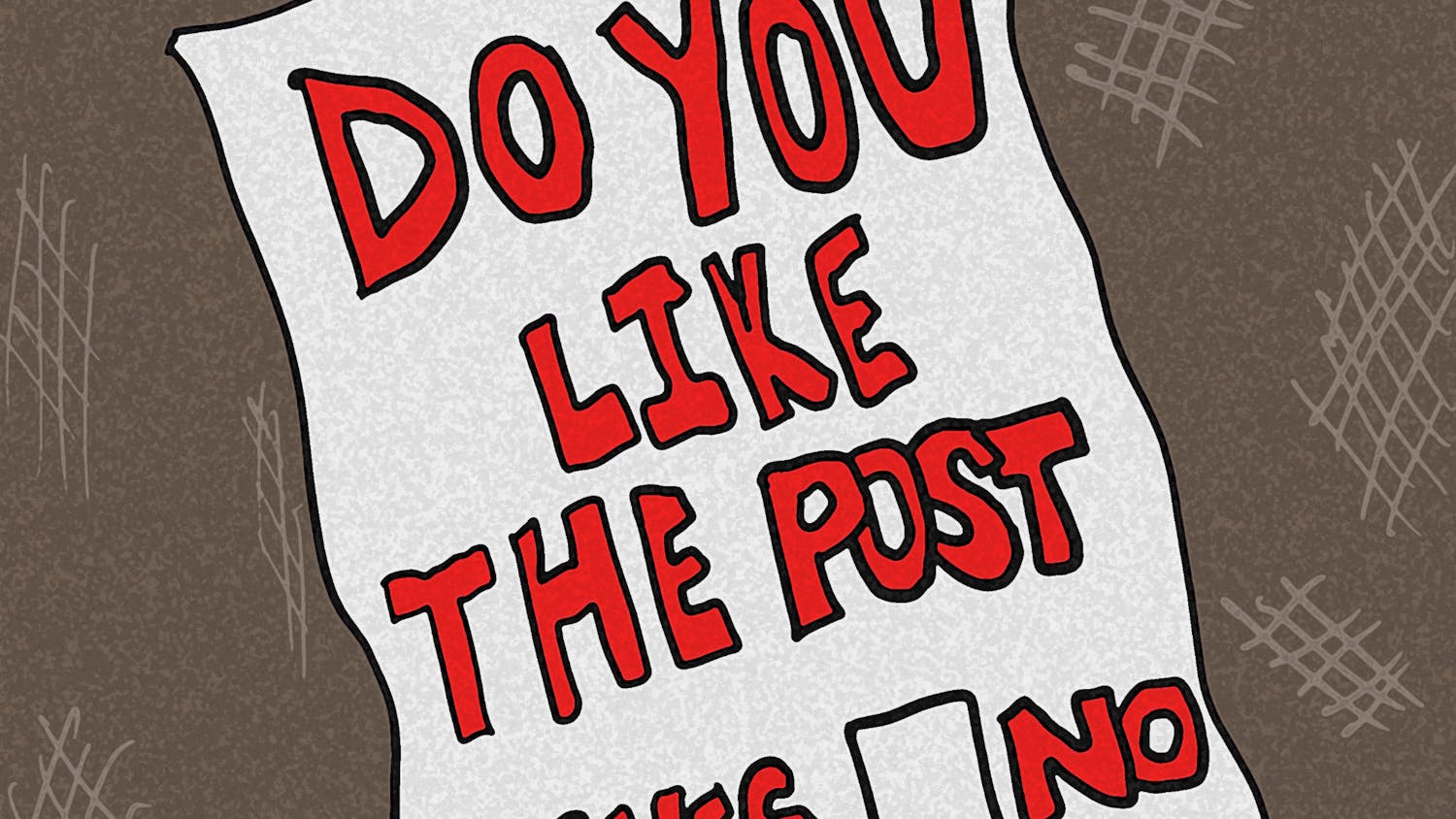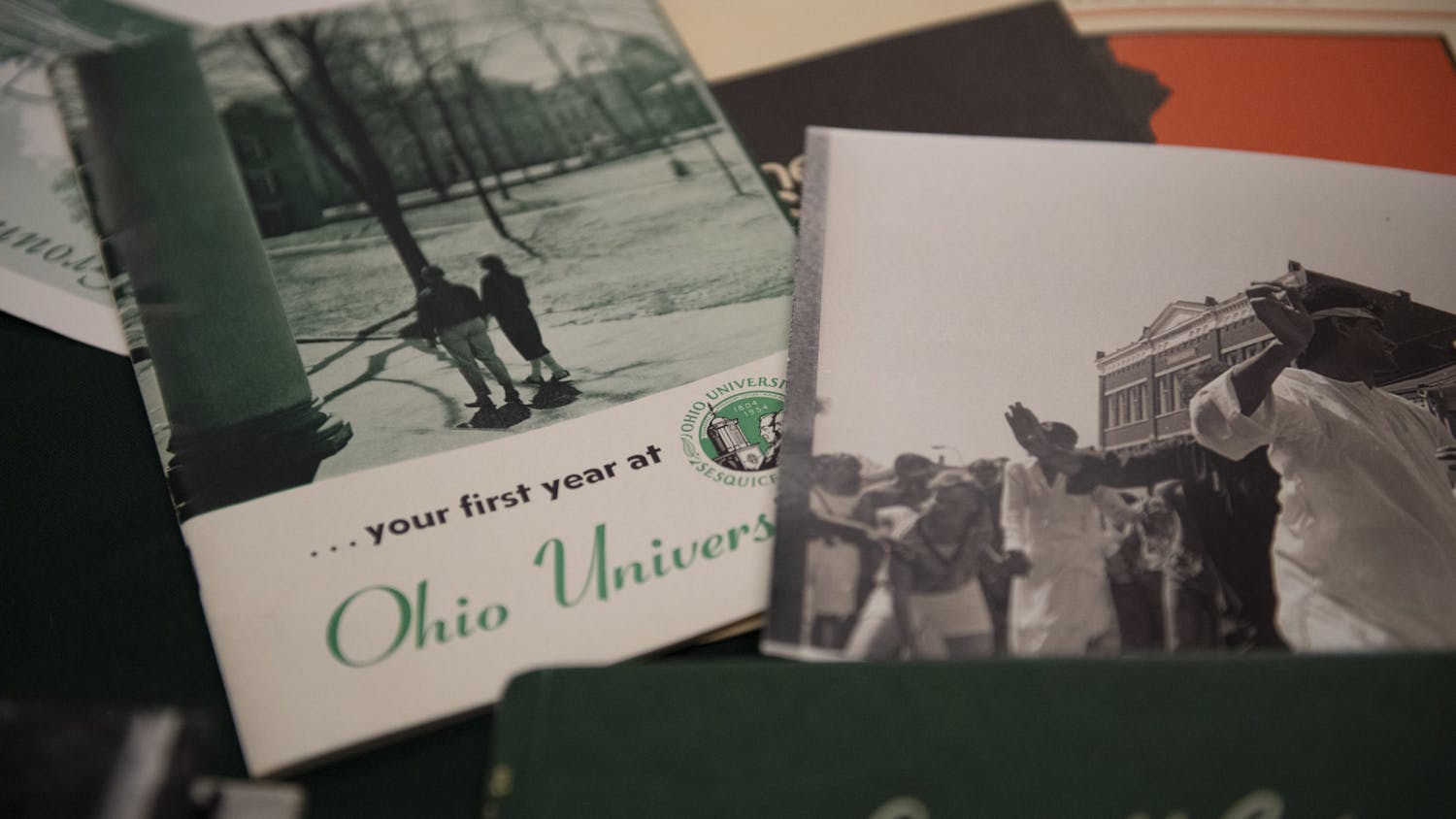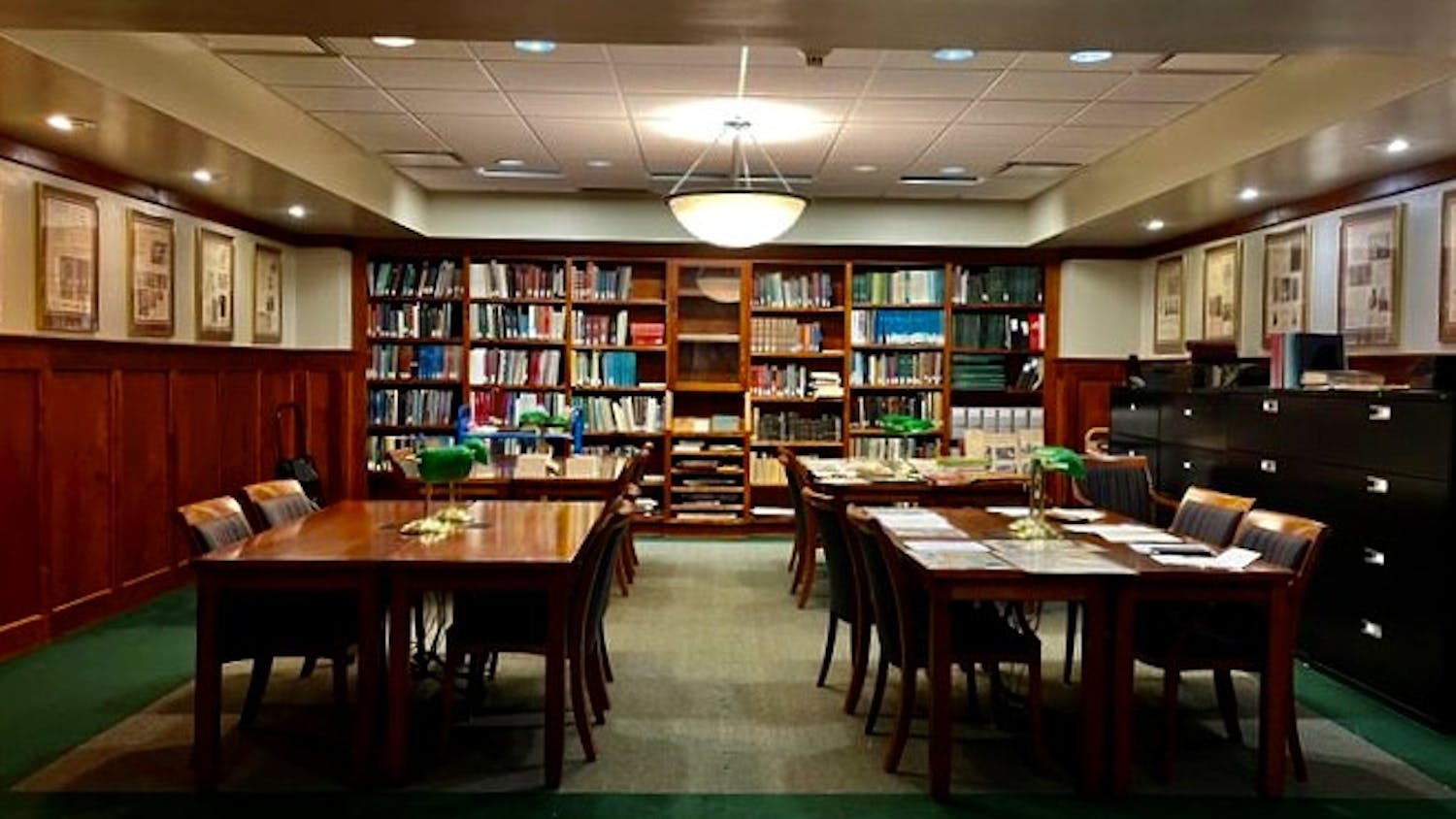It started with $50 — $50 and a starving horse.
It was all the money Victoria Goss had to her name and a small fortune for any 12-year-old. She scrimped and saved it, cherished and protected it.
But the sight of a skinny, starving horse at a farm on the Vermont-New Hampshire border loosened the child’s vice-like grip on her loot.
“My heart went out to him, so I bought him. … I brought him home and fattened him up, and then I sold him to somebody for $50,” Goss said. “I put that money in a can to save another horse, and so it went.”
Goss continued to rescue horses one by one until 1982, when she promised a horse that had died of neglect that she would never again allow another to die at the hands of a human.
“Be careful what you promise,” Goss said.
Thirty years later, the once-professional rider upholds her pact every day at Last Chance Corral, a nonprofit she founded that annually provides shelter and rehabilitation for about 300 neglected or unwanted horses and foals.
“One day at a horse show, I realized exactly the level of abuse people inflict on animals, and I decided to dedicate my life to offering asylum to the unwanted, abused, neglected and misunderstood,” Goss said.
Worn spurs and rusting bits line the ceiling of the native Northeasterner’s darkened living room, faded photos of memories past sit atop miss-matched furniture, and Christmas lights are strung between longhorn skulls and horse paintings.
With three dogs in tow, Goss wound past muddied work boots and tack scattered around her cabin home to a door, six noses visible through the panes. Their ears perked up as the door squeaked open, catching on the shavings that blanketed the dusty barn floor.
A wobbly 11-day-old trotted away, bucking its still-fuzzy, black-and-white-splattered body through the air.
The knock-kneed foal and its five companions are the “dirty little secrets” of the Thoroughbred racing industry — dirty secrets Last Chance Corral attempts to save.
Dirty Little Secrets
For the first seven and a half months of each year, Goss is inundated with calls to rescue nurse mares’ orphaned foals. Goss and her team of three rescue and rehabilitate anywhere from 100 to 200 foals each year, Goss said.
“We only turn them down if we have too many,” said Leah Nairn, volunteer and board member.
After a Thoroughbred mare gives birth to “the perfect Secretariat,” Nairn said, she is immediately rebred, leaving little time to care for the future racing superstar. The care then falls to a nurse mare provided by another farm.
But that nurse mare cannot produce milk for “Secretariat” without giving birth. So foals, such as the six brought to the corral Jan. 31, are created as a means to an end, Nairn said.
“They all deserve a chance. Nothing should be born to die,” Goss said. “To create a life and consider the life the byproduct of the creation makes absolutely no sense to me.”
In 2010, about 170 Thoroughbred foals were registered in Ohio and about 29,600 in North America, according to The Jockey Club’s 2012 Ohio Fact Book.
It is standard practice for almost every Thoroughbred foal to receive a nurse mare, Goss said.
But there are no widely available statistics regarding the number of nurse-mare foals produced.
“In the old days, they would just knock ’em in the head and pile them up in a ditch,” Goss said. “They were worthless.”
These once throw-away foals are now in high demand because their hide — “pony skin” — is used to make shoes and jackets. They also can be added to a high-priced foreign menu as a delicacy.
To save them, the corral team frequently travels to Kentucky — where, in 2010, about 8,300 foals were registered — paying anywhere from $200 to $400 per foal.
The team then works around the clock to care for the castaways, preparing them for adoption, which can happen in just a few days if they are healthy.
“Sure it’s 24 hours a day, but it’s only seven days a week,” Goss said.
But because some foals are only 10 days old and sometimes even premature, regular bodily functions and a clean bill of health are not usually the norm.
One foal, a stark white blaze running down its brown nose, showed its youth as it stripped wood from the fence — a portion of umbilical cord still visible beneath its stomach.
“We tube feed them if we have to,” Nairn said. “Sometimes, they are in such bad shape … we sleep in their stalls with them to provide that warmth.”
To help strengthen their system, Goss created a special milk formula mixed with oatmeal, supplements and vanilla yogurt. Though the formula is good for their development, it costs the nonprofit $5,000 per ton.
When a new flock of orphan foals rolls into the corral, their arrival is spread via word of mouth, the corral’s website and Facebook. Fees for adopting a foal are generally $200.
But the adoption fee barely covers the cost of care.
“The quality of mercy is not cheap; it dropeth from the heaven in very tiny drops,” Goss said. “We’re never really secure.”
Educating Appalachia
Full-grown horses, which are brought in from neglectful situations or donated because an owner cannot afford them anymore, go for about $500 to $2,000, but that still barely covers the expenses.
If Jeff Koons, Athens County dog warden, receives a call about an abused or neglected horse, Last Chance is the first place he calls, Nairn said.
Though these calls do not happen too often, Koons said it’s always great to have some that dedicated to respond.
“She does a good job. Her heart’s in the right place,” Koons said. “We appreciate all she does.”
But abuse and neglect don’t always stem from cruelty — a reason the Northeasterner chose Athens County as her starting point.
“We’re in Appalachia, and in Appalachia, you’re gonna find poverty. Poverty seems to be a common bedfellow with ignorance. … Most abuse is not black-hearted; it’s ignorant,” Goss said. “So if you’re going to stop the abuse, live your life as an example and try to slowly interject knowledge where it’s going to have the most impact.”
The education starts with volunteers who help with the daily stable chores.
“These are kids who’ve never used a tool in their lives,” Goss said. “(We show them) there isn’t anything you can’t figure out.”
Donating time and effort
On a brisk February morning, seven red-nosed Ohio University students mucked stalls, chopped wood and rolled wheelbarrows across the frozen ground. The seven are members of Alpha Phi Omega, a volunteer fraternity on campus.
Mesha Baylis, a sophomore studying journalism, has only volunteered at the corral twice, but said she definitely wants to keep coming back.
“It’s so sad that horses are malnourished and not taken care of,” Baylis said. “It’s a lot of fun to help out.”
The corral doesn’t receive any government funding, instead relying on events such as its Christmas party and the Ohio State Equine Fair in Columbus. It also counts on donations from individuals.
“There is no gift too large, there is no gift too small,” Goss said.
In the past, the corral has received donations ranging from money to diamond rings to flat-screen TVs, which has allowed the corral to hold several sales and bring additional funds to the organization.
Looking out over the 2.6-acre sanctuary from her porch atop the hill, Goss reflected on how important donations are to the corral’s existence.
“(If I could have anything), I’d want not to have to worry every month if we’re still going to be here. That would be the best reward on earth — just to keep going,” she said.
as218907@ohiou.edu






